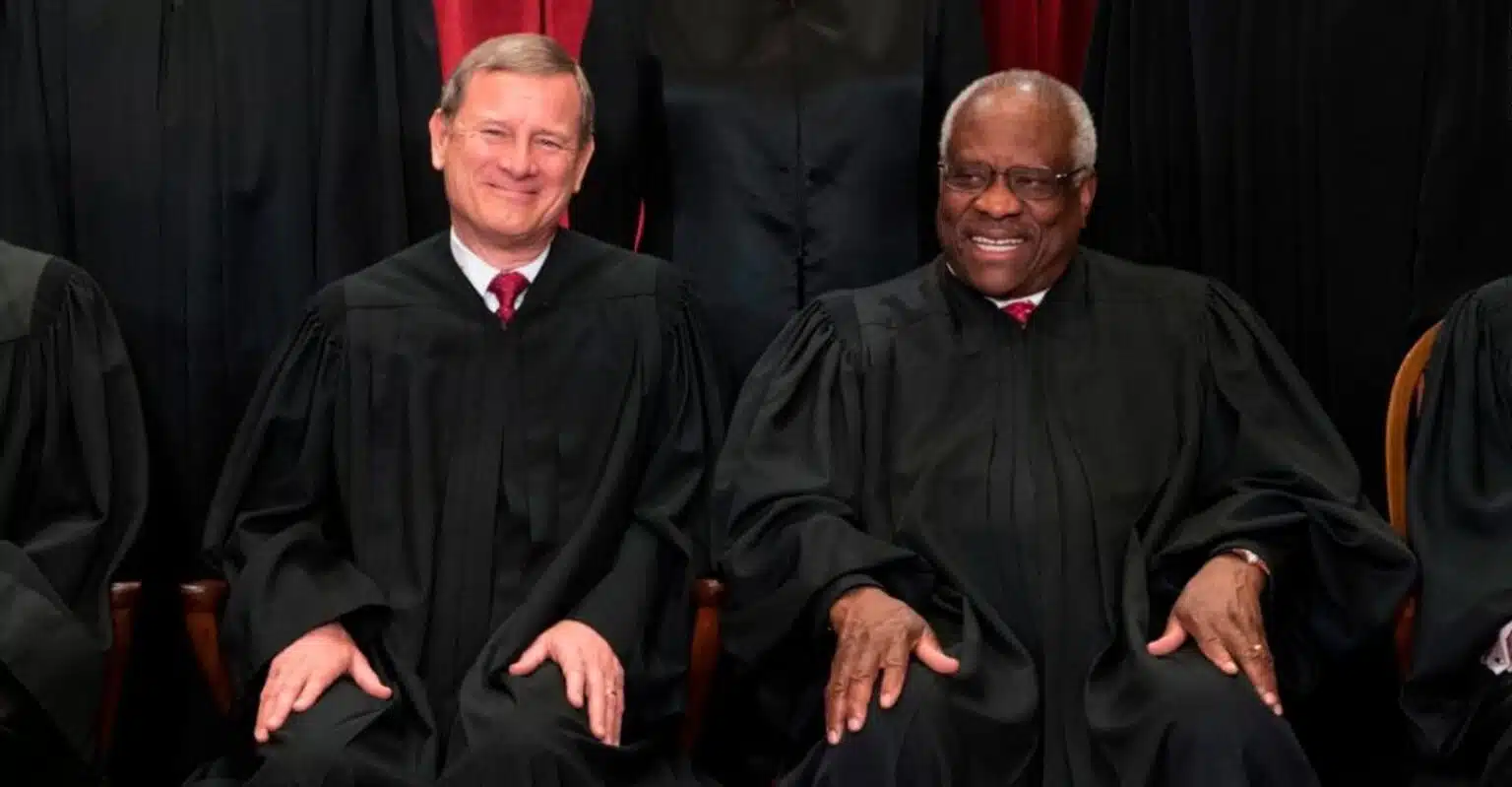President Donald Trump’s administration has escalated a legal battle to the U.S. Supreme Court, seeking to overturn a lower court ruling that blocks his use of the Alien Enemies Act to deport suspected members of a Venezuelan gang. On Friday, the administration filed an emergency appeal, urging the justices to reverse a decision by U.S. District Judge James Boasberg, who temporarily prohibited additional deportations under the controversial law.
This legal dispute, which has become one of the most high-stakes cases in Trump’s second term, highlights the ongoing conflict between the White House and the judiciary over the extent of presidential authority. As CNN reported, the Supreme Court is now at the center of this battle, determining the scope of executive power in matters of national security and immigration enforcement.
“This case presents fundamental questions about who decides how to conduct sensitive national-security-related operations in this country – the President, through Article II, or the judiciary,” Acting Solicitor General Sarah Harris stated in the administration’s appeal. “The Constitution supplies a clear answer: the President. The republic cannot afford a different choice.” The Trump administration argues that lower courts have repeatedly obstructed its policies with temporary rulings that delay, but do not ultimately resolve, critical questions regarding executive authority.
The case stems from Trump’s invocation of the Alien Enemies Act of 1798, a wartime measure granting the president broad authority to detain and deport non-citizens deemed a threat. On March 15, Trump used this law to justify the deportation of over 200 Venezuelans, allegedly affiliated with the Tren de Aragua gang. These individuals were swiftly transported to El Salvador, where they remain in a maximum-security prison. However, the administration later acknowledged that some deportations were conducted under separate immigration laws.
Judge Boasberg, an appointee of President Barack Obama, sided with five Venezuelan plaintiffs who remain in the U.S. and are currently detained by the Department of Homeland Security. While their lawsuit against the administration proceeds, Boasberg issued an injunction blocking further deportations under the Alien Enemies Act. His order does not prevent the government from detaining individuals under the law or deporting them through alternative legal mechanisms, but it temporarily halts the administration’s ability to cite the 18th-century law as justification for removals.
Trump immediately appealed, and on Wednesday, the D.C. Circuit Court of Appeals ruled 2-1 to uphold Boasberg’s injunction while the case moves forward. The decision came from a panel that included judges appointed by President George H.W. Bush and President Obama, further intensifying the partisan scrutiny of the case. The administration’s next move is now in the hands of the Supreme Court, where conservative justices could play a crucial role in determining the outcome.
In a concurring opinion, U.S. Circuit Judge Karen Henderson delivered a detailed textualist analysis that could resonate with conservative justices. She rejected Trump’s claim that the surge of migrants at the U.S.-Mexico border constitutes an “invasion,” arguing that the historical context of the term, as used in the Constitution and the Alien Enemies Act, refers strictly to military action. “The term ‘invasion’ was well known to the Fifth Congress and the American public circa 1798,” Henderson wrote. “The phrase echoes throughout the Constitution ratified by the people just nine years before. And in every instance, it is used in a military sense.”
Trump’s deputy chief of staff for policy, Stephen Miller, and other administration officials have suggested that Henderson’s opinion supports the idea that courts lack the authority to review how the president enforces the law. However, Henderson clarified in her ruling that while elected officials determine the end of a war, courts still have the power to interpret statutory language and assess the legality of executive actions. “The elected branches – not the unelected bench – decide when a war has terminated. That is a question of fact for elected leaders,” she wrote. “That does not mean that courts cannot pass on the legal meaning of statutory terms.”
As the case now heads to the Supreme Court, the ruling could have far-reaching implications for executive power, immigration enforcement, and the balance between national security concerns and judicial oversight. The high court’s decision will not only shape Trump’s immigration agenda but also set a precedent for how future presidents can wield wartime powers in domestic policy.
